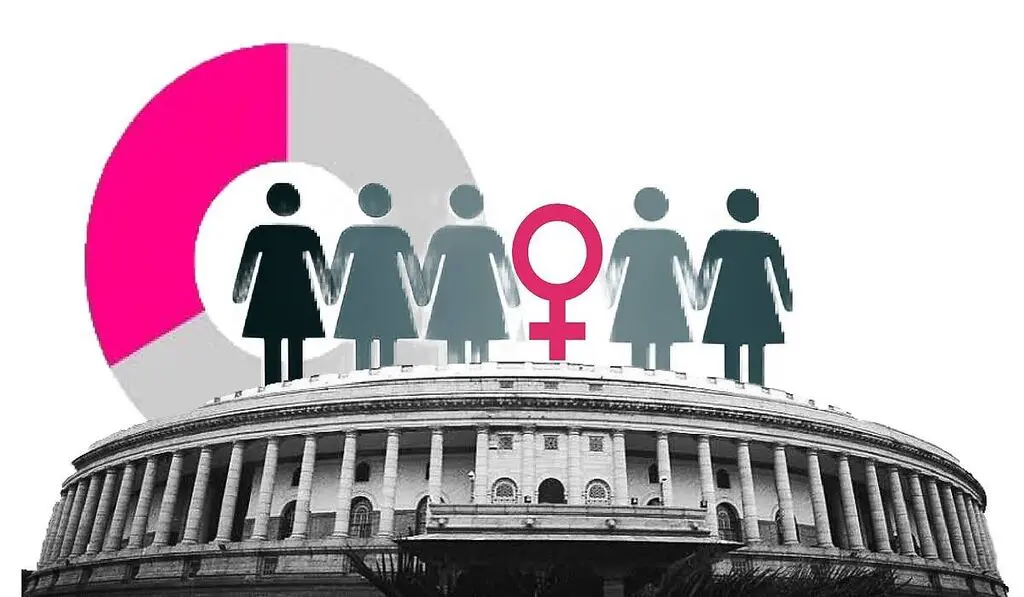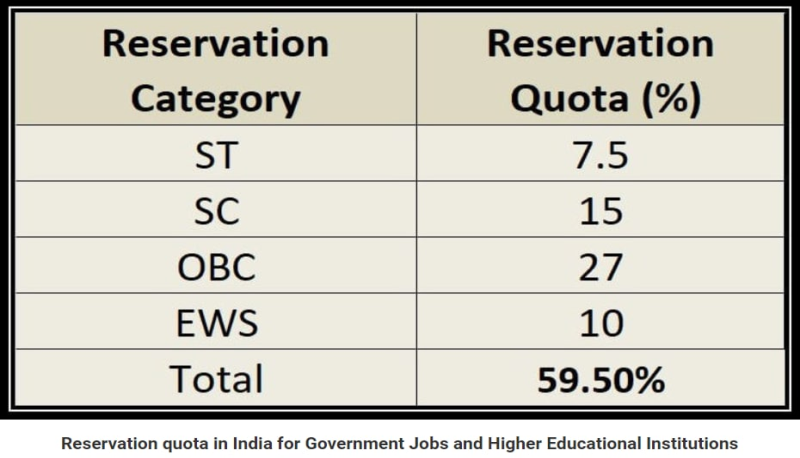Free Courses Sale ends Soon, Get It Now


Free Courses Sale ends Soon, Get It Now



Copyright infringement not intended
About:
Background:
Vertical and Horizontal reservations:
Reservation System in India:

© 2024 iasgyan. All right reserved